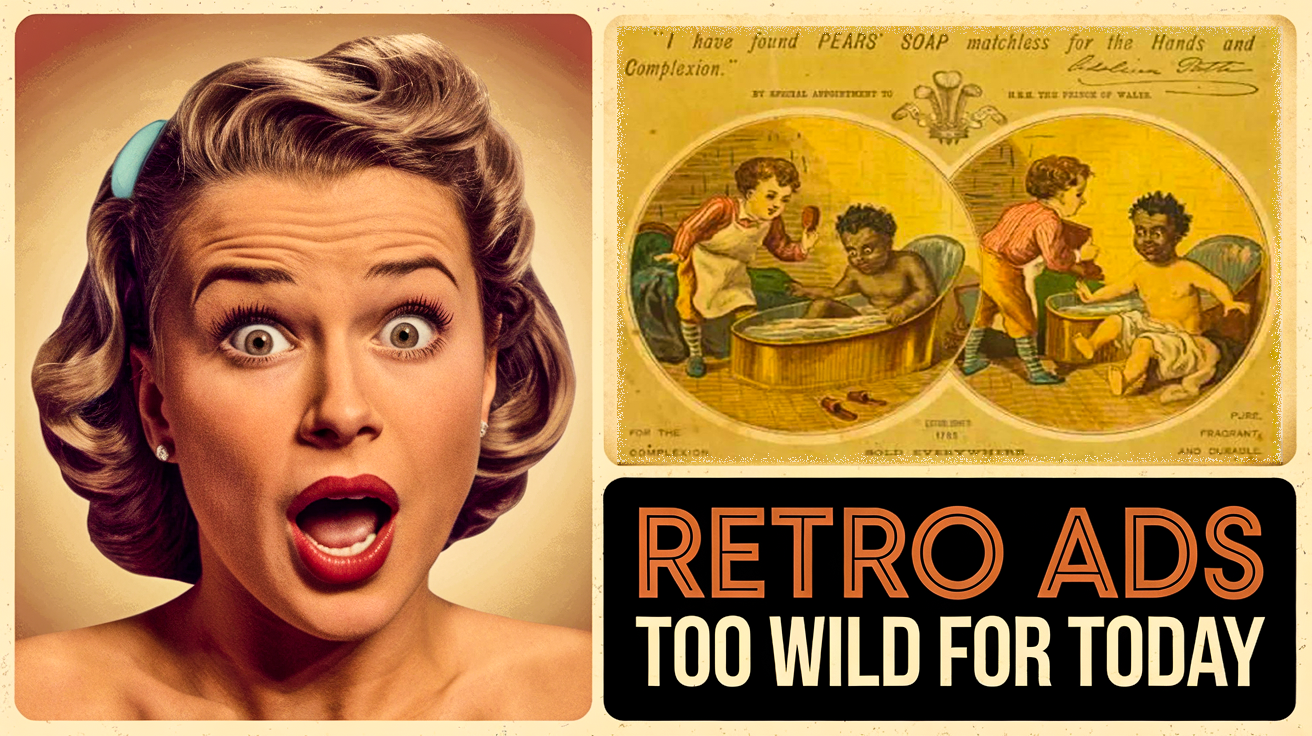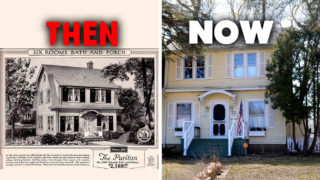Vintage ads were different. As they say, “the past is a different country”, and many of the ads that once were everywhere you turned would likely end up banned today. These 15 old-school ads give us a glimpse into a time when societal norms were very different, and attitudes we now consider outdated were once widely accepted.
15. The Chef Does Everything But Cook
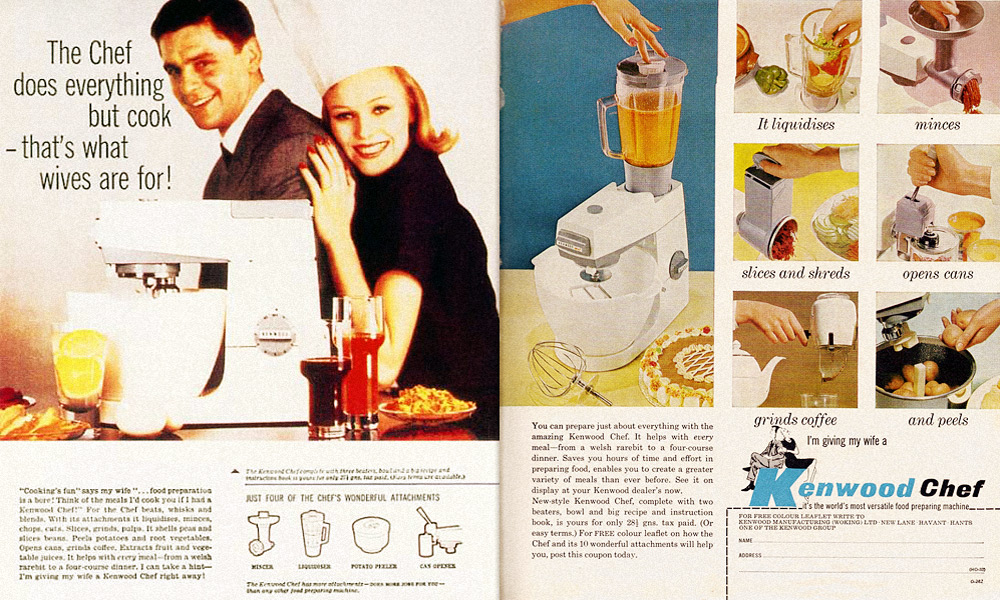
This Kenwood Chef ad features a husband who believes he’s being thoughtful by gifting his wife a mixer. However, it reinforces the outdated notion that women should be responsible for cooking and household chores. The ad implies that a woman’s worth is tied to her ability to cook, which is not only sexist but also dismisses the progress made by the women’s liberation movement.
14. Coca-Cola Cures Headaches
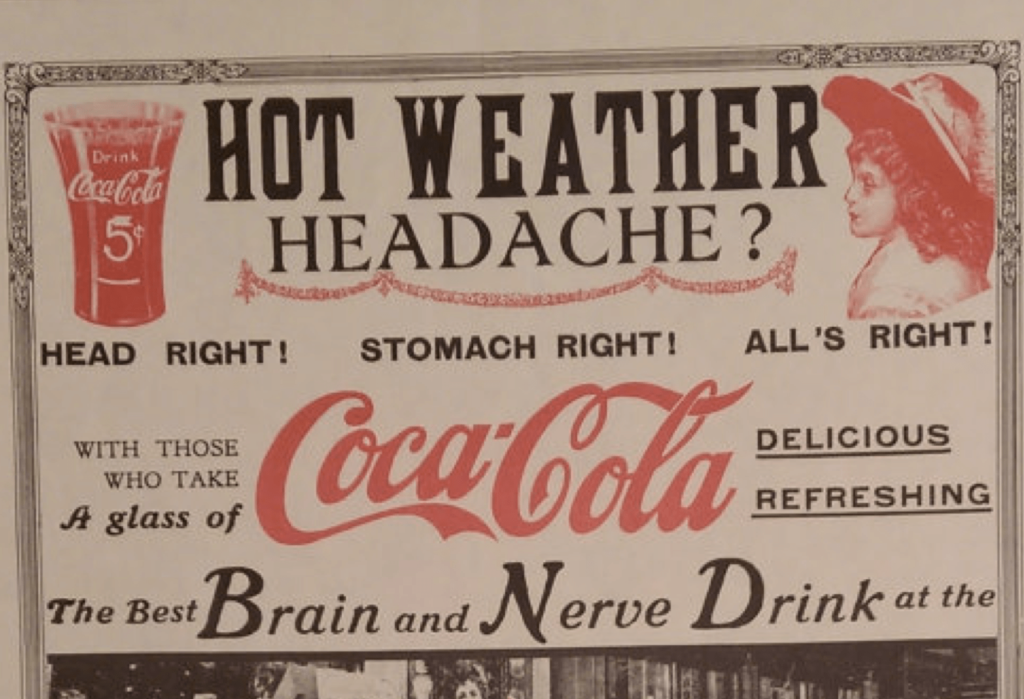
In a shocking claim, Coca-Cola was once marketed as a remedy for headaches and exhaustion. This ad capitalized on the drink’s original formula, which contained cocaine. While caffeine can provide a temporary boost, the dangers of cocaine and the misleading nature of this advertisement highlight the reckless marketing practices of the past.
13. Heroin for Cough Relief
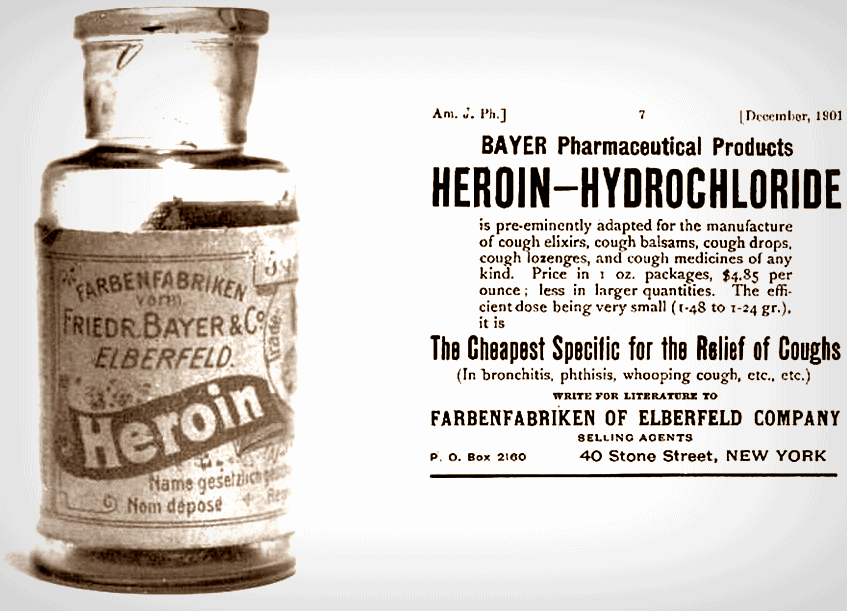
An ad from Bayer Pharmaceuticals promoted heroin as a cough remedy, showcasing the dangerous normalization of addictive substances in medicine. This ad reflects a time when the risks of addiction were not fully understood, leading to a public health crisis that continues today.
12. If Your Wife Can’t Cook
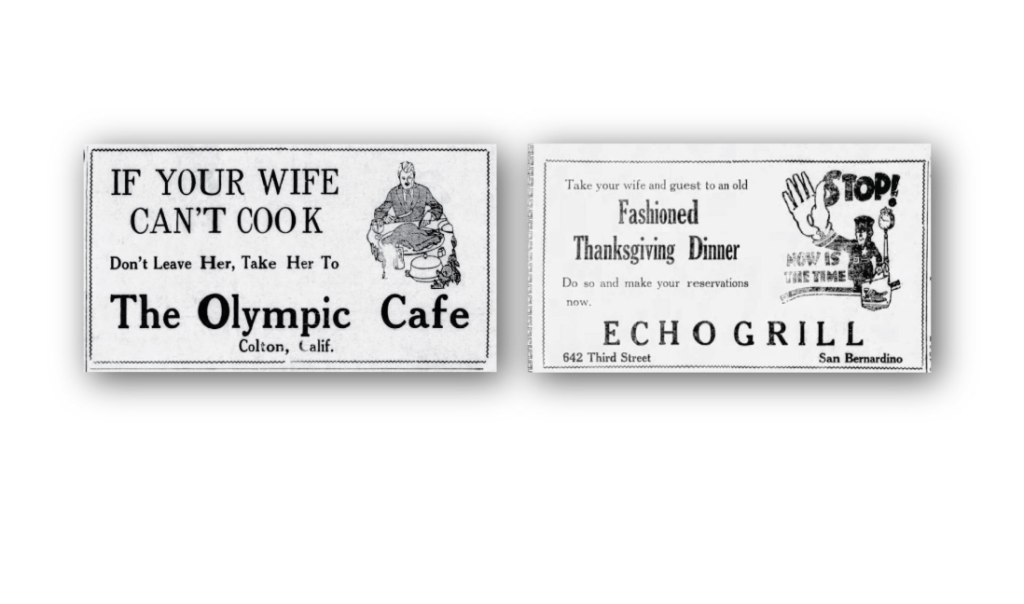
This ad suggests that a husband should keep his wife even if she cannot cook, humorously implying that cooking skills are a prerequisite for marriage. The ad trivializes the role of women and promotes the idea that they are merely household pets, which is both offensive and demeaning.
11. Marlboro Cigarettes and Babies
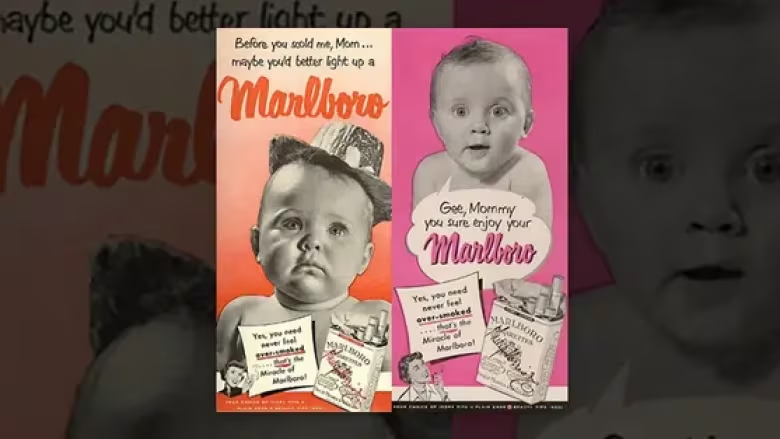
Marlboro once used babies in their ads, suggesting that smoking was harmless. This ad is particularly disturbing as it exposes children to the dangers of secondhand smoke, promoting a culture that disregards the health of the most vulnerable.
10. Sega’s Vulgar Ad
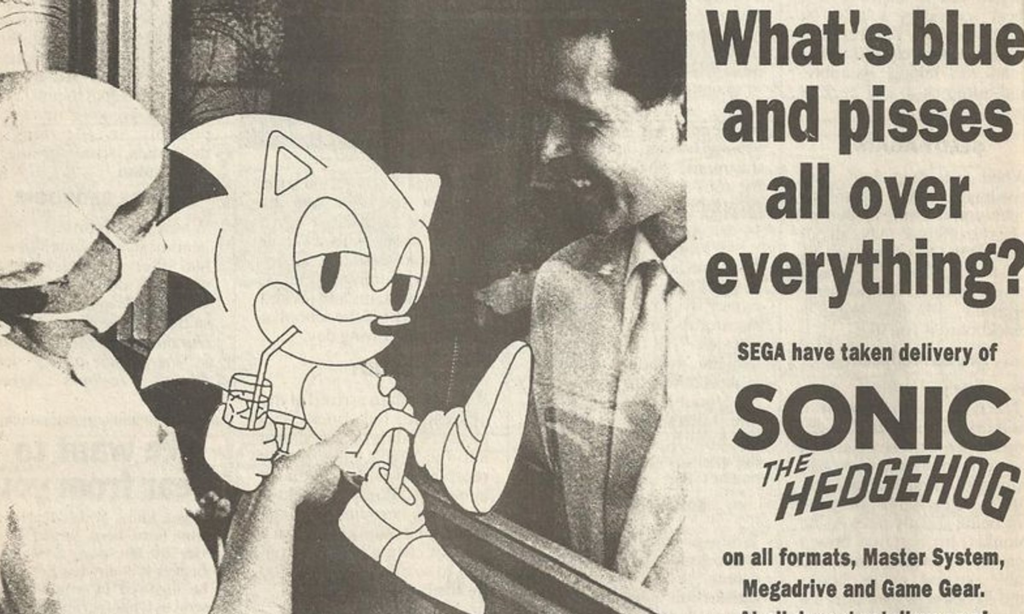
Sega’s ad for a video game featured crude innuendos that are inappropriate for a family-friendly product. The blatant sexual references and imagery would not be tolerated in today’s advertising landscape, which strives for more respectful and inclusive messaging.
9. Parker Pens for Girls
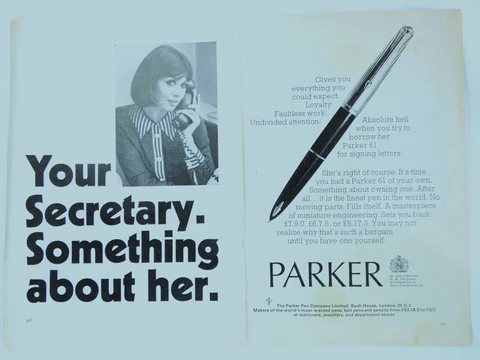
Parker Pens introduced a product aimed at women, implying that they needed smaller pens because they were weaker. This ad perpetuates gender stereotypes and fails to promote equality, reinforcing the idea that women require special treatment.
8. Pears Soap and Racism
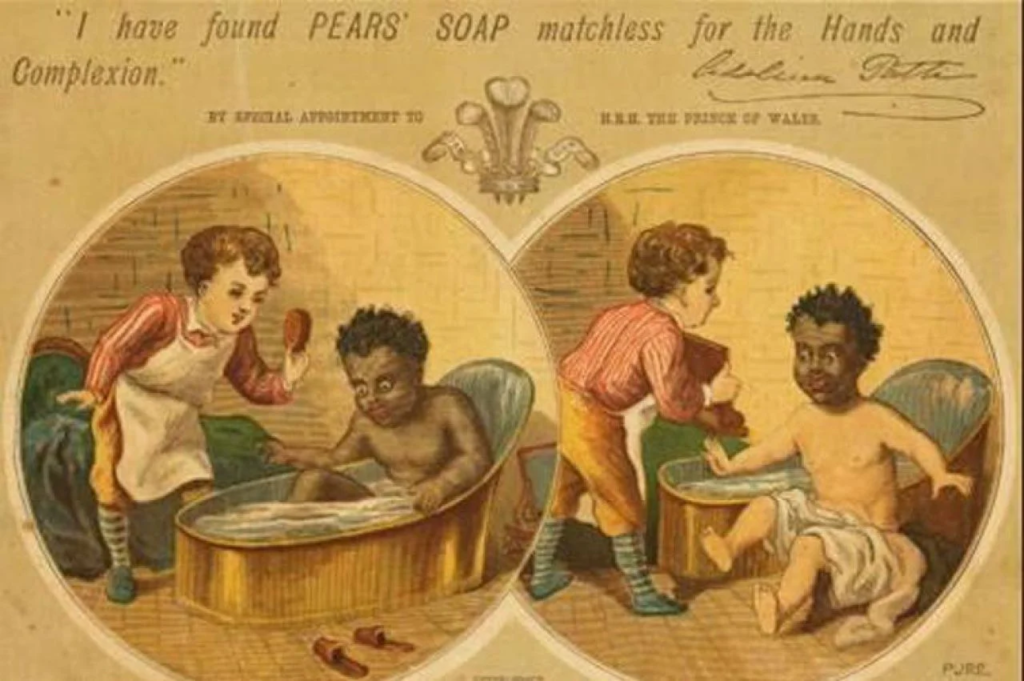
A Pears Soap ad from the early 1900s suggested that cleanliness was a “white man’s burden,” promoting a racist narrative that elevated white people while demeaning others. This ad exemplifies the harmful stereotypes that were prevalent in advertising.
7. Mr. Legs and Sexism
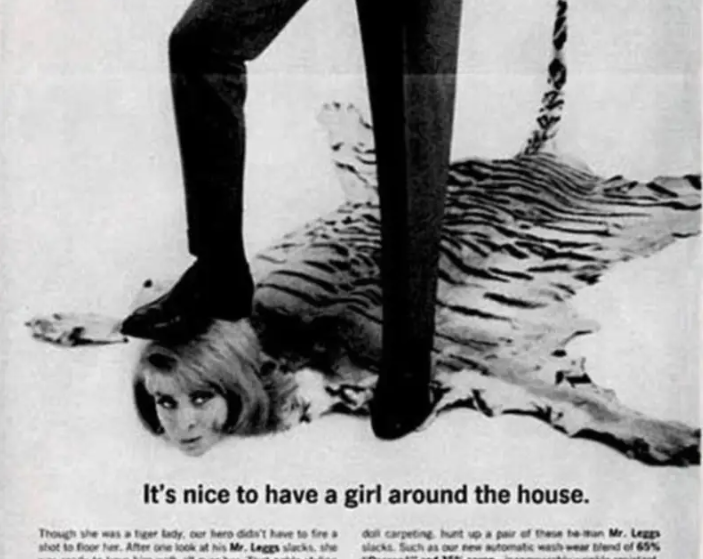
Mr. Legs pants ads featured sexual innuendos that objectified women. The imagery and messaging reinforced harmful gender dynamics, suggesting that a man’s worth is tied to his appearance and that women are mere objects of desire.
6. Dupont Cellophane and Child Safety
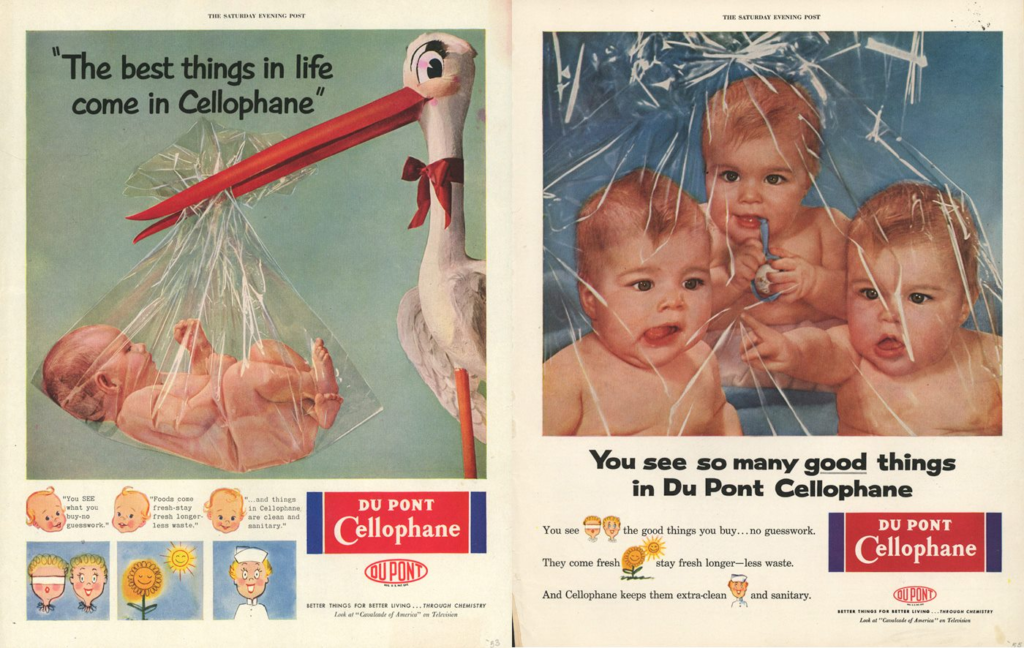
An ad for Dupont cellophane suggested that it was safe to wrap babies in plastic, a horrifying notion that disregards child safety. This ad is a stark reminder of the need for stringent safety regulations in advertising.
5. PSA on Loose Women
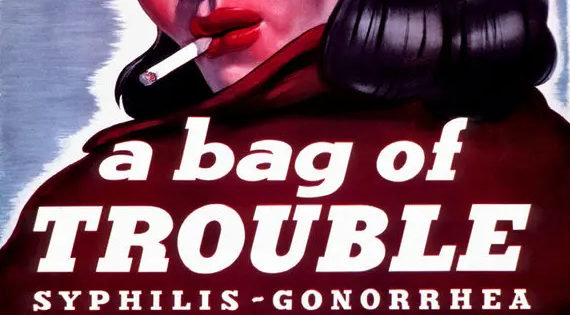
A public service announcement warned men about the dangers of promiscuous women, equating them to loaded guns. This ad perpetuates harmful stereotypes about women and fails to address the complexities of sexual health and relationships.
4. E. Blumenthal’s Racist Ad

An ad for E. Blumenthal footwear used the term “colored kids” in a racially insensitive manner. This ad reflects a time when racial insensitivity was commonplace, highlighting the need for more inclusive language in advertising.
3. Chase and Sandborn Coffee and Domestic Abuse
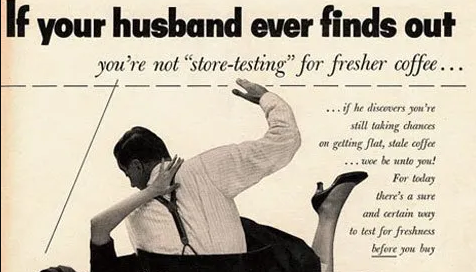
This ad depicted a husband spanking his wife for serving him the wrong coffee, trivializing domestic abuse. Such portrayals are not only unacceptable but also harmful, reinforcing toxic masculinity and violence against women.
2. Data Comp and the Sexy Secretary
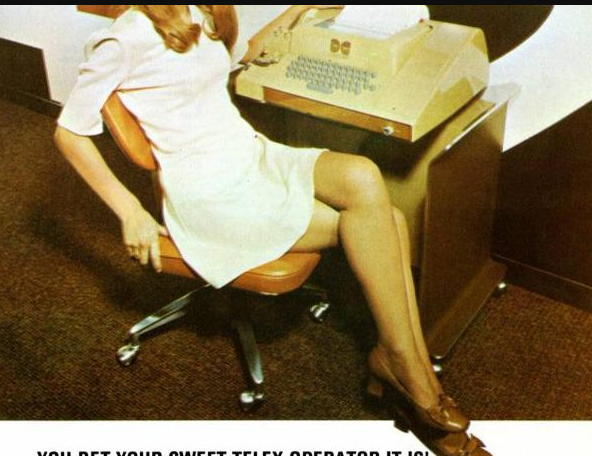
A Data Comp ad featured a woman in a short dress, reinforcing the stereotype of the sexy secretary. This ad objectifies women and undermines their professional capabilities, perpetuating harmful gender stereotypes in the workplace.
1. Warners and Body Image
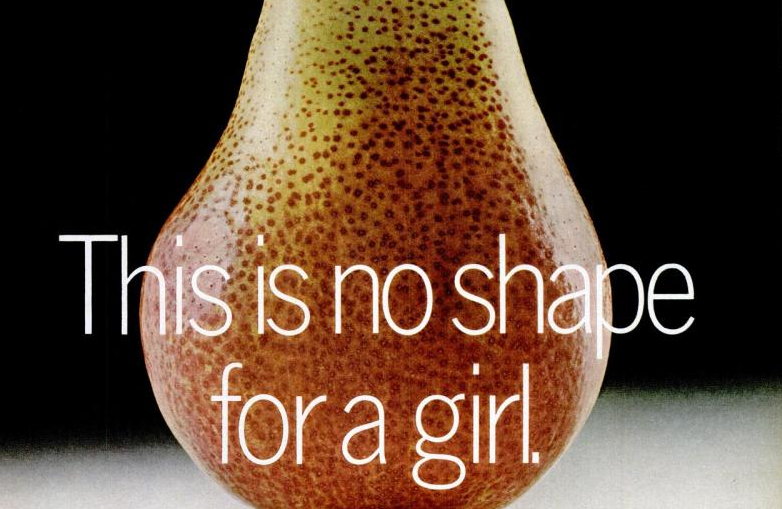
Warners promoted body shaming with an ad suggesting that women should change their natural body shape to fit societal standards. This ad contributes to poor body image and self-esteem issues among women, a problem that persists today.

